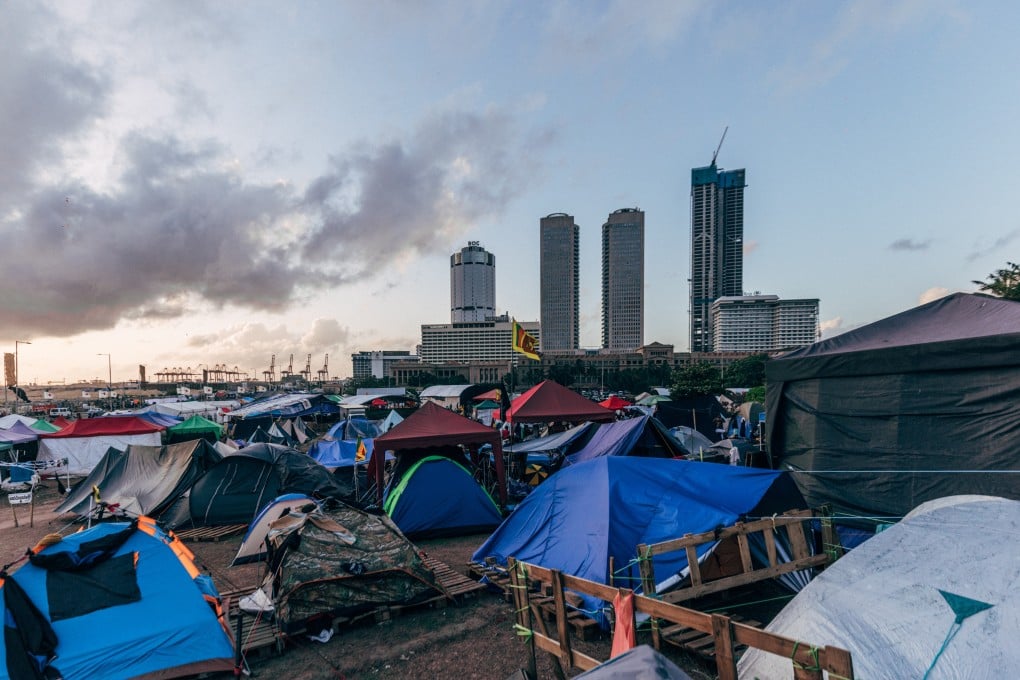Advertisement
Destinations known | It takes a hardy tourist to visit Sri Lanka amid protests and power cuts
- Fuel is in short supply, power cuts can last half a day and Sri Lanka’s people are going hungry amid its economic crisis. Some take to the streets in protest
- It’s probably not the best time for a holiday on the island, though you’ll be welcomed if you do visit. Don’t try to travel around, and stay in a luxury hotel
Reading Time:4 minutes
Why you can trust SCMP
1

Is Sri Lanka the canary in the coal mine or the elephant in the room?
The erstwhile tourist magnet of 22 million people, off India’s southern tip, is struggling through its worst economic crisis since independence from Britain, in 1948.
Sri Lanka “has a long history of rising foreign obligations, driven partly by incessant government deficits, and this has been worsened by a loss of tourism revenue in the pandemic and, this year, by surging fuel costs”, explains Reuters. “The resulting severe shortage of foreign exchange has stalled imports, including essentials such as fuel and medicines, and the country is also facing an impending food crisis.”
Advertisement
And it’s not just the people who are going hungry. “Sri Lanka’s Department of Zoology has informed the Wildlife Ministry that it has run out of funds to provide daily food to animals in zoos amid the ongoing economic crisis,” reports Xinhua, noting that the country’s Dehiwala Zoological Garden is one of the oldest in Asia.

As privations bite, Sri Lankan citizens are becoming increasingly restless, taking out their anger on the politicians they see as having mismanaged the economy. Violence has been reported, but largely peaceful protests centre on what’s been christened GotaGoGama village, an area adjacent to the Presidential Secretariat at Galle Face, in one of the busiest business hubs of the capital, Colombo. The name essentially means, “President [Gotabaya Rajapaksa] Go Home”.
Advertisement
Advertisement
Select Voice
Choose your listening speed
Get through articles 2x faster
1.25x
250 WPM
Slow
Average
Fast
1.25x
